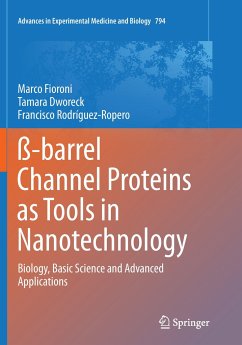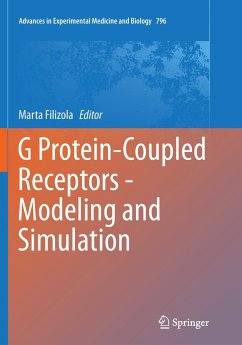ß-barrel outer membrane channel proteins (OMP) are useful as robust and flexible models or components in nanotechnology. Over the last decade biotechnological techniques allowed to expand the natural characteristics of OMPs by modifying their geometry and properties. The present book is oriented towards a broad group of readers including graduate students and advanced researchers. It gives a general introduction to the field of OMP based nano-component development as well as the state of the art of the involved research. On the example of the E. coli FhuA the transformation of an OMP into a tailored nano-channel will be outlined. An exhaustive description of the scientific strategy, including protein selection, analytical methods and "in-silico" tools to support the planning of protein modifications for a targeted application, consideration on the production of a custom made OMP, and an overview on technological applications including membrane/polymersome technology, will be provided.
From the reviews:
"This book is a good introduction to the problems of OMPs and their use as nanotechnology material. Because the book considers the aspects of concept design, theoretical considerations, production traps, and the biological characterization of OMP, it should be useful for graduate students and researchers in the field of nanotechnology." (Alexander Tzanov, Computing Reviews, March, 2014)
"This book is a good introduction to the problems of OMPs and their use as nanotechnology material. Because the book considers the aspects of concept design, theoretical considerations, production traps, and the biological characterization of OMP, it should be useful for graduate students and researchers in the field of nanotechnology." (Alexander Tzanov, Computing Reviews, March, 2014)








